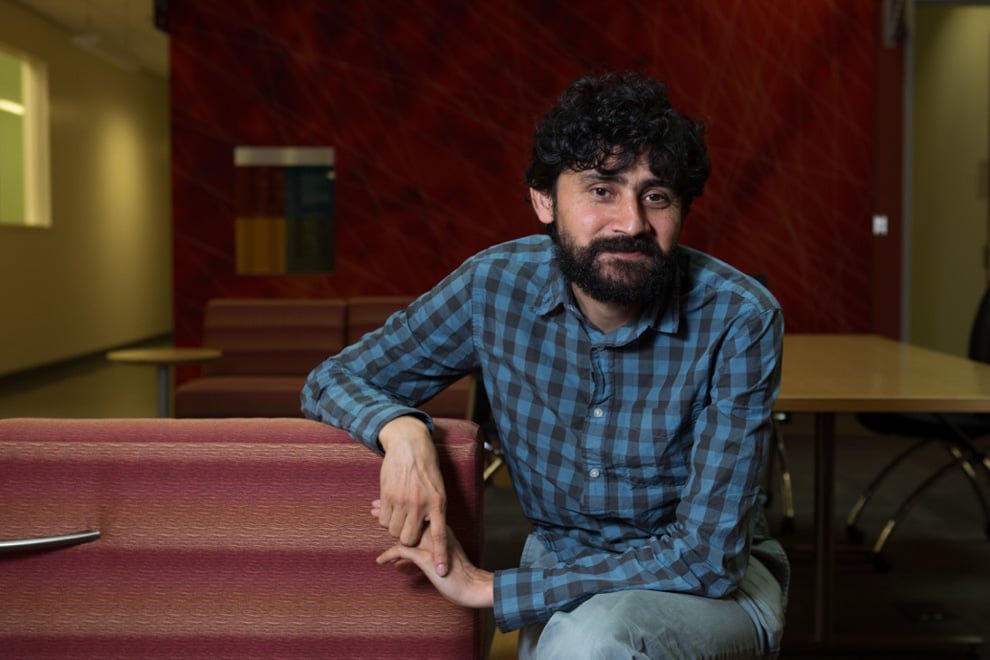Assistant professor of bioengineering Manu Prakash received the MacArthur “Genius Grant” on Sept. 21 as one of 23 recipients.
The grant is awarded annually to residents or citizens of the United States who have shown “extraordinary originality and dedication in their creative pursuits and a marked capacity for self-direction,” according to the MacArthur Foundation. It consists of a total of $625,000 paid over five years, and the recipients of the grant have no particular obligations other than to continue their activities. Individuals are nominated for the award.
“When something like this comes along, at first you really don’t believe yourself,” Prakash said. “There’s a little bit of adaptation time.”
Prakash, listed as a physical biologist and inventor on the MacArthur website, has focused much of his research on what he calls “frugal science,” a type of science devoted to making scientific tools more accessible to the average person.
His frugal science invention that has garnered the most attention is called Foldscope, a portable and rugged microscope made from a single sheet of paper that provides magnification up to 2000x, at a manufacturing cost of roughly 50 cents per microscope. Fifty thousand were printed and have gone into circulation this year, and the goal is to scale production up to 1 million microscopes next year.
Prakash says his goal is to foster interest in physical science and encourage people throughout the world to use it to solve local problems. He stresses that expensive scientific equipment is not needed to ask important questions and make profound discoveries.
“The question is far more important than the tools you use to answer them,” Prakash said.
The tools Prakash is making extend beyond the Foldscope. His next frugal science projects include the Paperfuge and the Punch Card Programmable Microfluidics. Paperfuge is a low-cost, hand-powered centrifuge that costs 20 cents to manufacture. Punch Card Programmable Microfluidics is a hand-cranked, $5 chemistry lab designed for completing reactions on a micro scale.
All of these economical devices will let more people experience science, instead of just reading about it, according to Prakash.
“Really, every single kid in the world should have access to tools like this,” he said.
Beyond accessibility, these rugged tools are also useful for researchers working outside of lab conditions. Prakash says he does not distinguish between who uses his tools: They are for professional researchers and young aspiring students alike.
Contact Max Pienkny at maxp123 ‘at’ stanford.edu.
